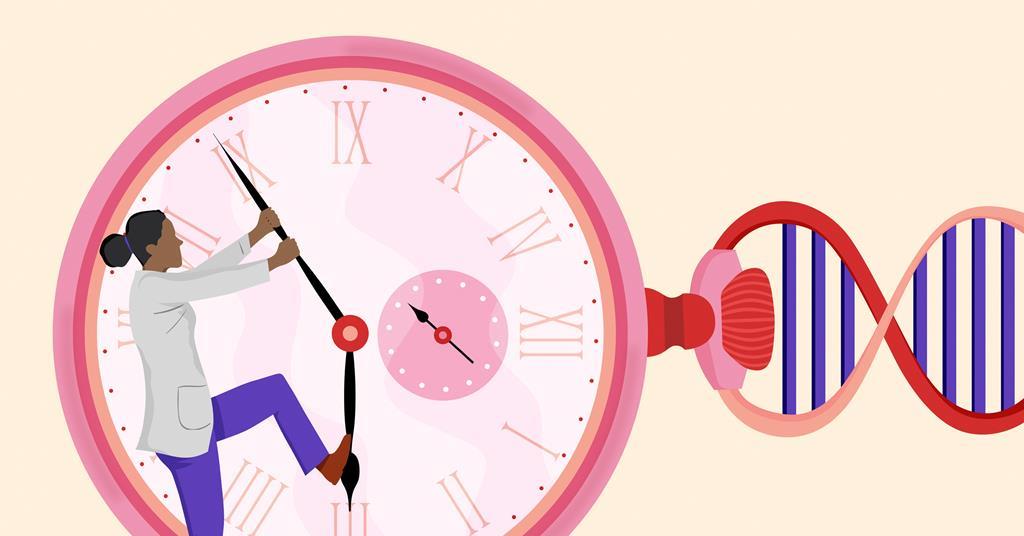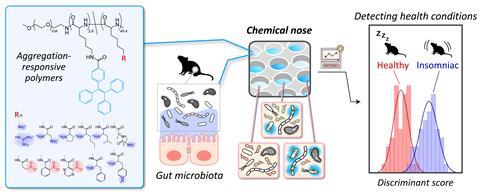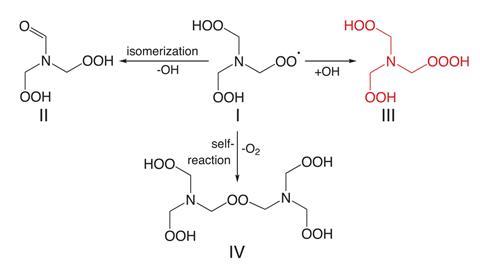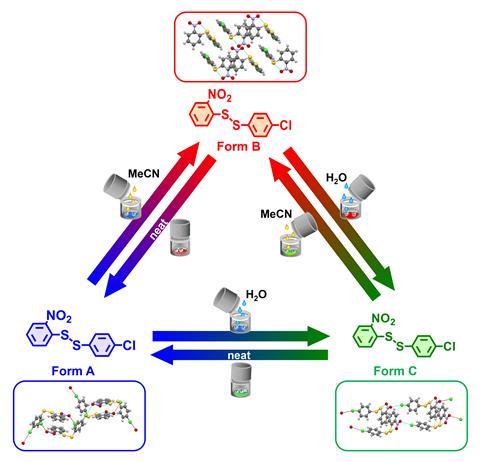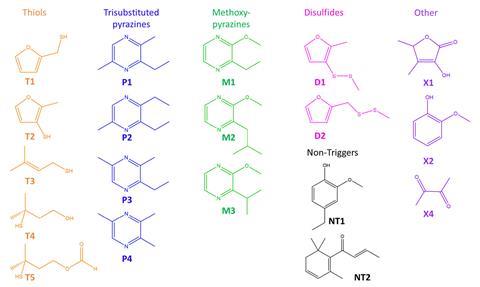Mice receiving a gene for a telomere-building enzyme have had their lifespan extended by 41%. Treatment with another gene, this time for follistatin (FST), extended their lives by 36%. Both treatments significantly boosted glucose tolerance, physical performance and stalled body mass decline and fur loss. The life extension came as a surprise to the researchers. […]
Read More